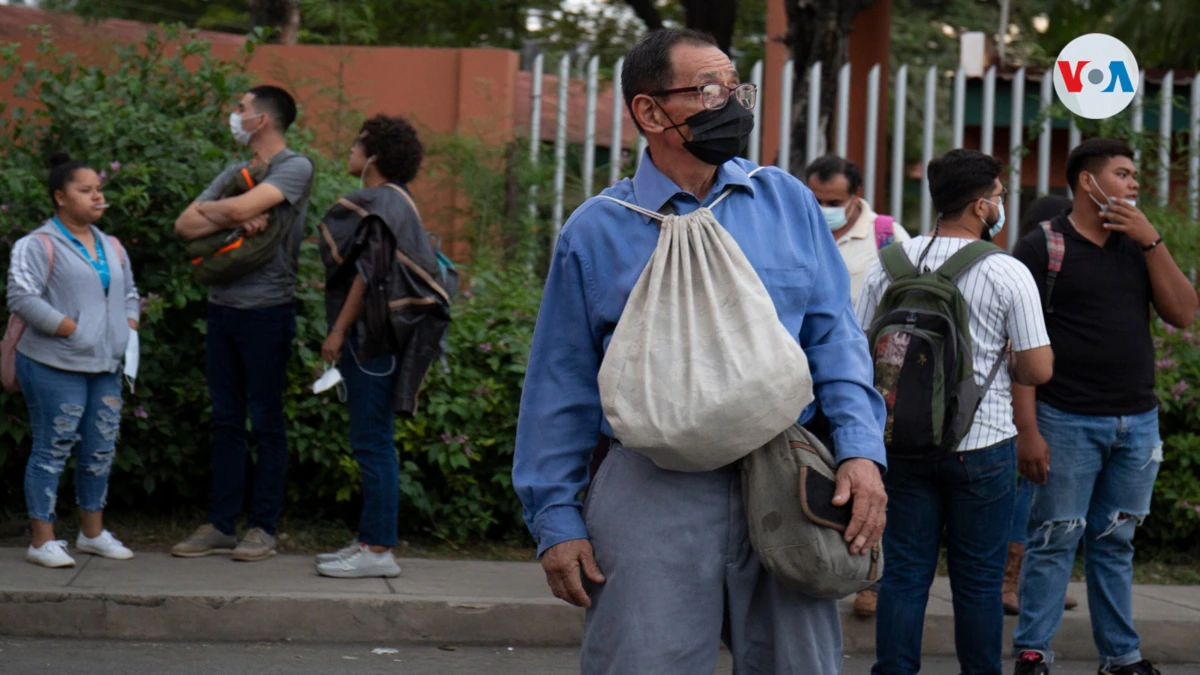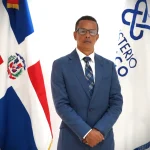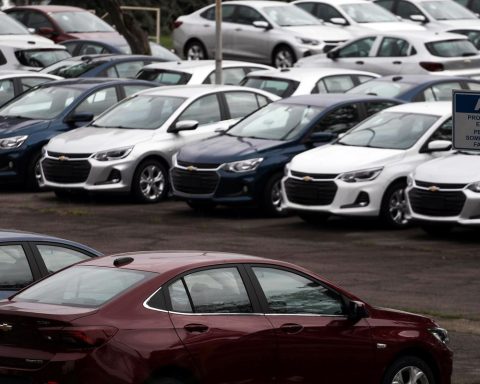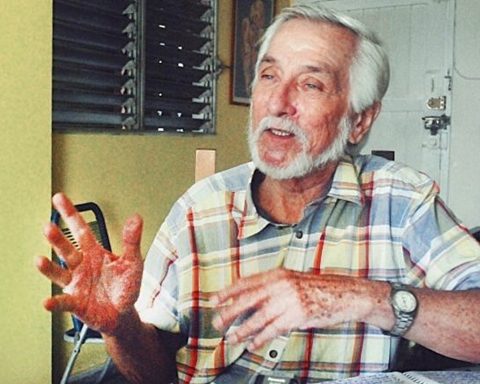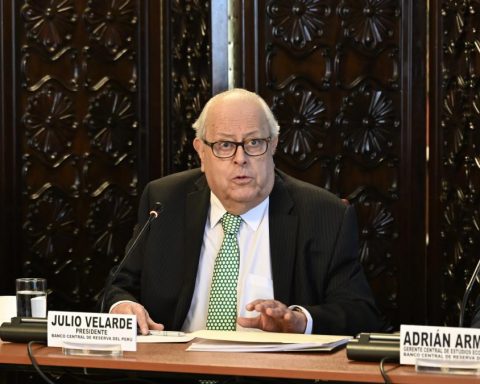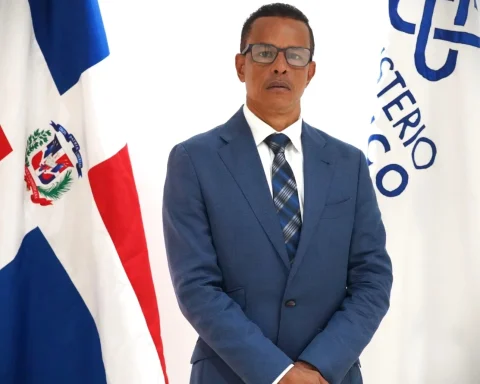Felipe* traveled with his entire family to the United States for more than six months in search of economic opportunities. In Managua, where he is from, jobs fell drastically after the protests against President Daniel Ortega in the year 2018.
Since then he sends money monthly for his wife and little son who stayed in Managua and assures that it will be something he will do for years, arguing that he would not dare to organize their irregular entry into the United States. He would not risk them, he says, to die on that journey.
“I prefer a thousand times to work overtime rather than send for my child and cross the Rio Grande, I almost escaped suffocation in a truck where I was transported to evade the Mexican immigration authorities,” said the young man to the voice of americabut did not reveal his last name for his safety.
Migration in Nicaragua is on the rise as the crisis in the nation continues, which worsened with the 2018 protests against the government of Daniel Ortega. Official data such as those provided by the Central Bank attest to the progressive deterioration and its consequences.
For example, remittances have experienced rapid growth in recent years.
In February 2022, the second highest balance of remittances in its economic history was recorded and that is that migrants sent their relatives more than 202 million dollars, which represents more than 31% in relation to February of last year. Most remittances come from the United States.
In this way, revenues in the first two months of the year totaled more than 396 million dollars, above the 309 million dollars in the first two months of 2021.
Economist Marco Aurelio Peña told the voice of america Although these figures are macroeconomically positive, they reveal the social wear and tear that Nicaraguans are experiencing.
“On the one hand, people can meet their needs on a day-to-day basis thanks to the support of their relatives, but on the other hand, it reveals the incompetence, the nullity, the inability of the economic authorities and the government to avoid this phenomenon, that is, , to prevent people from leaving because in the end people do not leave voluntarily, they leave because they are forced to leave because if they do not perish from hunger”, the economist told the VOA.
From the United States, 140 million dollars entered the country in February alone, according to official data. Before February, the monthly record was December 2021 when 139 million 400 thousand dollars entered the country.
Nicaraguans residing in the United States are at the top and in two months they have sent more than 271 million dollars, higher than the more than 186 million in the same period of 2021.
“In the long term, the escape of Nicaraguans will generate problems
Economist Maykell Marenco explained to the voice of america that behind the increase in remittances lies an imminent risk.
“This reflects the country’s dependence on remittances, in 2017 and 2018 we had a 12% dependence on remittances in relation to the Gross Domestic Product, today we are close to 20% dependence on remittances, that is, every day we we are becoming more dependent. The incentives for people to remain in the Nicaraguan labor market are increasingly reduced,” said the economist.
In second place was Spain with 46.7 million dollars and Costa Rica in third place with 45.5 million dollars.
Marenco comments that there are estimates indicating that by 2022 the figure of 2,500 million dollars could be reached very easily in terms of income received from remittances, in terms of remittance flows.
In the same way, he explains that although said income stimulates the economy and generates a greater consumption dynamic, to achieve it, more people are required to leave the country “and the sustained growth of an economy, achieving that long-term sustainable growth, is only achieved when productive labor remains within its borders.”
“The problem with these diasporas is that incentives are being generated rather for brain drains, for human talent drains, something that represents an expected loss for the country,” he concludes.
Connect with the Voice of America! Subscribe to our channel Youtube and turn on notifications, or follow us on social media: Facebook, Twitter and Instagram
